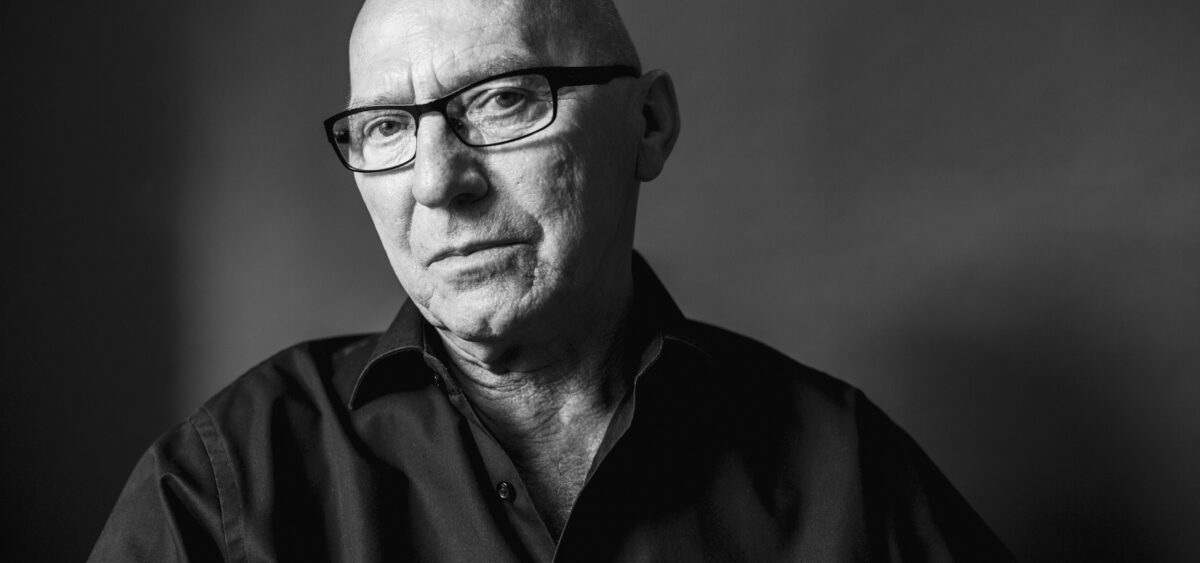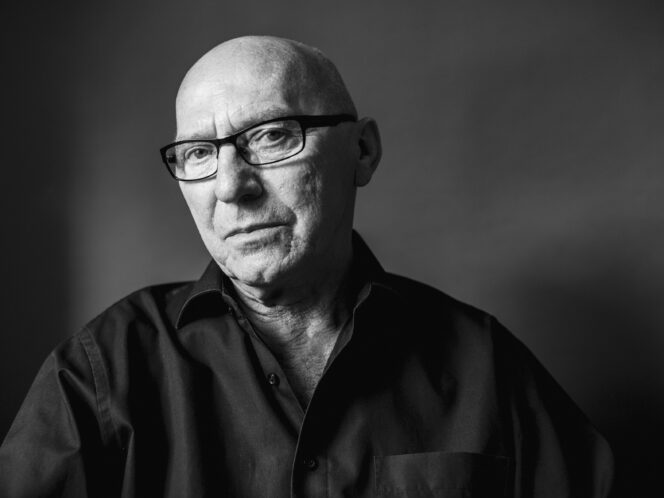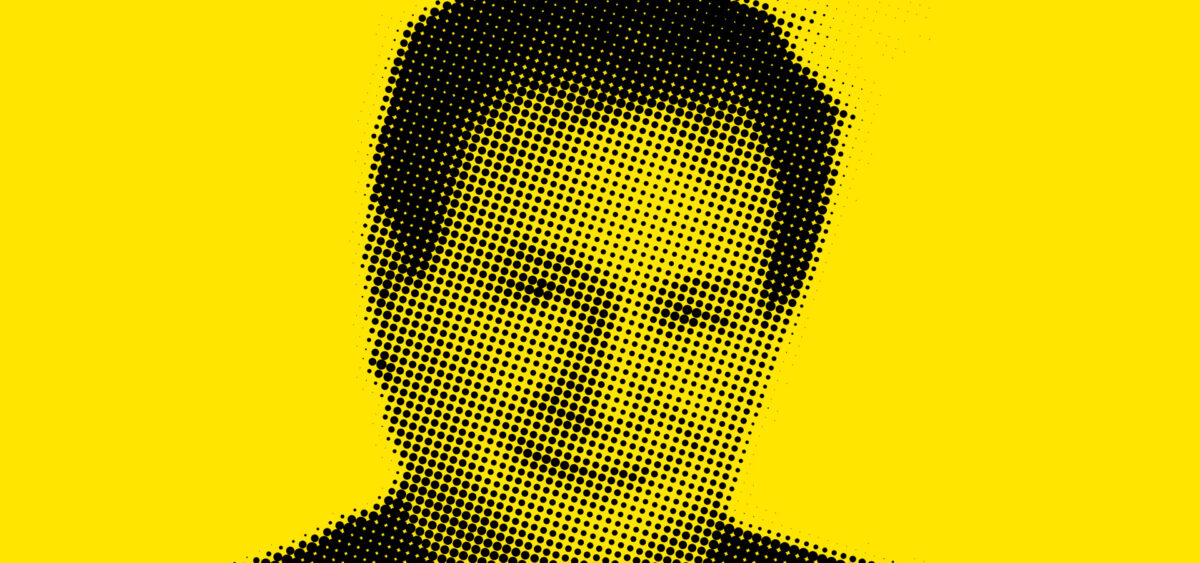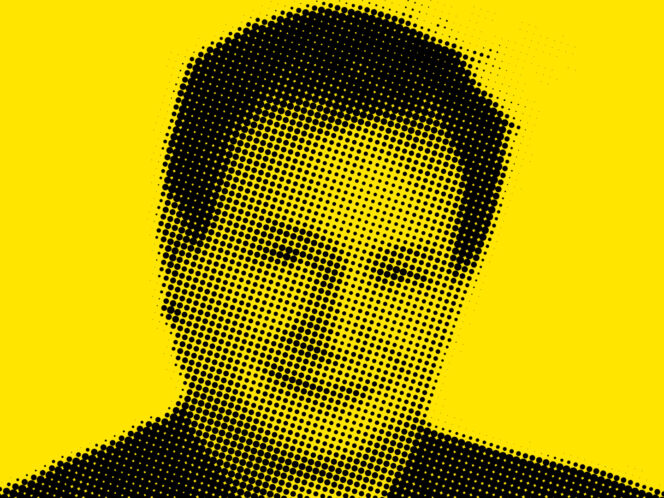
Professor Wiesław Łukaszewski is one of Poland’s leading social psychologists. He tells Katarzyna Sroczyńska that people are good and can develop, and explains why using the word ‘foolishness’ isn’t very wise at all.
Katarzyna Sroczyńska: Do you believe that people change?
Wiesław Łukaszewski: I know they do. And I have a certain problem with this, a problem of a moral nature, because sometimes change has a whiff of hypocrisy. Devout communists suddenly become fanatically pious, and some priests become dissolute.
People can change, they can work on it, but they need to learn it. There’s a quite widespread belief that in order to change, it’s enough to pull yourself together, awaken your inner motivation. But that’s not where the path lies. To change, you have to change the territory, the psychological field you’re functioning in, because it’s the source of various pressures and habits that switch on automatically. Karl Marx was right when he said that when changing the world, a person changes himself. But first he has to change the world! The great Canadian psychologist Albert Bandura had a similar theory.
In your newest book, Mądrość i różne niemądrości [Wisdom and Various Follies], you show how faith that both the world and people change is related to wisdom and foolishness.
If we believe in permanence, we become blind to everything that contradicts it. Every signal of change is deeply disturbing, because it goes against our expectations. Behind this conviction we inevitably find a tendency to close our minds, to block the inflow of data. We make for ourselves an exquisite filter, which lets in only what suits us, and destroys everything that could conflict with it. As a result, we quickly develop the conviction that our faith is well-grounded – that’s how it is, how it’s always been, and always will be. Even though we live in the world of what Zygmunt Bauman called ‘liquid modernity’.
Those whom I call “the defenders of the faith” are particularly predestined to this attitude. They are zealous believers in some conviction. They stand alert on the boundaries, on guard. But they’re quite inconsistent. Because these fans of permanence very much want to bring back the past, and because they want








